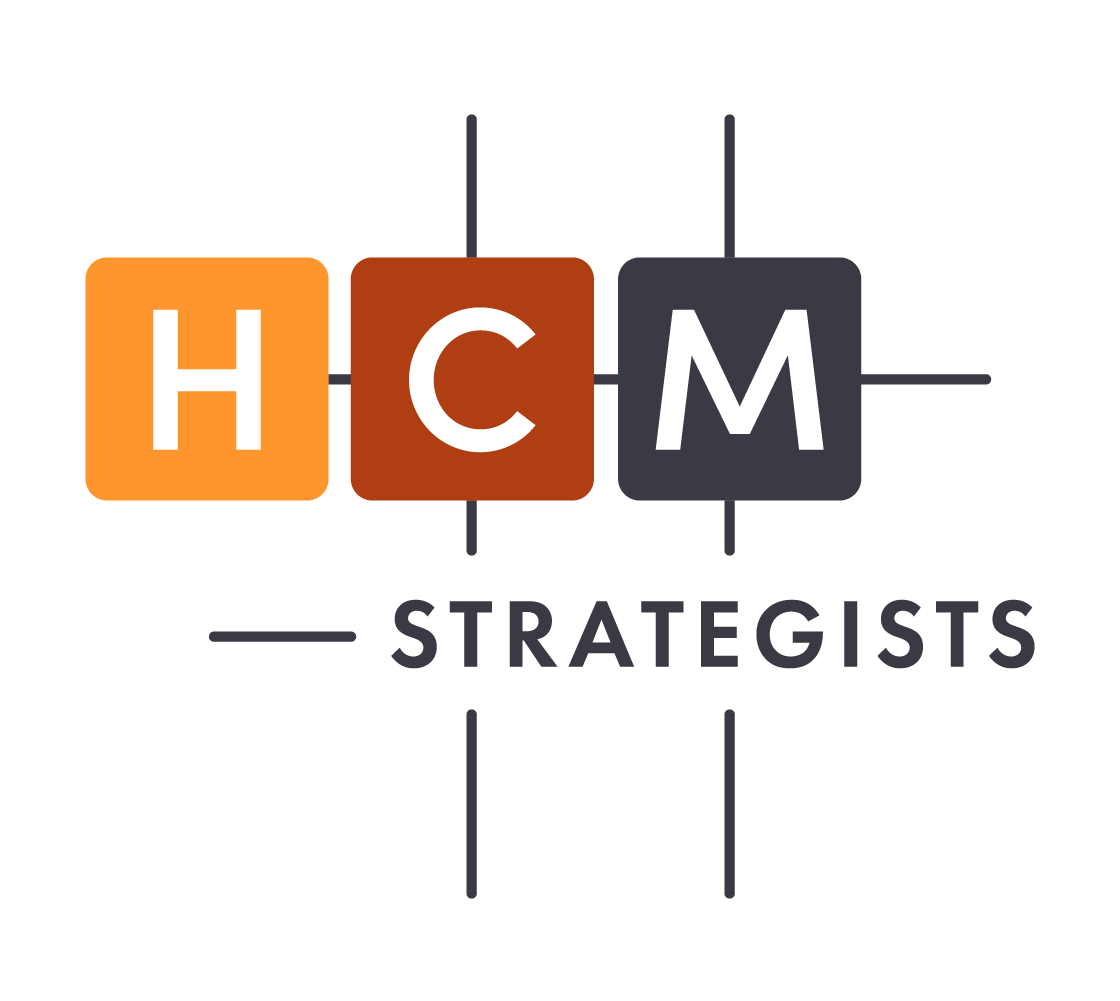Context for Success: Evaluating Postsecondary Outcomes
Project: Context for Success | Partnership length: 2010 - 2012| HCM Service Area Spotlight: Market + Policy Research and Analysis, Strategic Communications, Campaigns + Coalitions| Portfolio Category: Postsecondary
Commissioned by HCM Strategists, Context for Success identified challenges in current methods of evaluating postsecondary education and sought ideas grounded in research that would have practical benefits in the higher education policy world.
OVERVIEW
In late 2010, the Bill & Melinda Gates Foundation asked HCM Strategists, LLC to bring together a group of researchers and practitioners from around the country to identify and debate the best currently available ways to account for differences in college “inputs”—students, resources, fixed characteristics—when evaluating postsecondary outcomes. The project, which was later named “Context for Success,” sought ideas that would have practical benefits in the higher education policy world but would also withstand academic scrutiny.
OUR WORK
We developed a series of one-page issue briefs that highlight specific implications and applications of the work for state policymakers and state higher education agency staff. The briefs summarize lessons HCM Strategists has drawn from Context for Success.*
The work helped frame recommendations for the field including:
Introduction: Rules of the Game; Data for Input Adjusted Metrics
Accounting for Differences in College Outcomes
The Importance of Strong Learning Assessments
Dissecting College Rankings
Doing College Surveys Right
Identifying Successful Community Colleges
Picking up the Pieces–Making Sense of Missing Data
You can find the full results of the project by visiting the Context for Success website which includes seven research papers that evaluate input-corrected quantitative measures of postsecondary outcomes, as well as an overview of the project, a literature review, and an accompanying series of issue briefs.
*These policy briefs are the work of HCM Strategists and do not reflect the consensus opinion of the authors, nor of any individual author cited.
IMPACT
HCM created a variety of tool kits to assist colleges and systems in using “input adjusted” metrics for judging the effectiveness of postsecondary institutions.
The research papers focused on such topics as community college assessment, graduation rates as an outcomes measure, and applied or discussed each of three major approaches to outcome measurement: progression/completion, labor market outcomes and direct assessment of student learning. At their publish date, all of these topics were timely and received much consideration in state houses and by members of Congress. Shortly after the completion of this project, Congress held a series of hearings on higher education accountability and appropriate data collection for postsecondary education.

